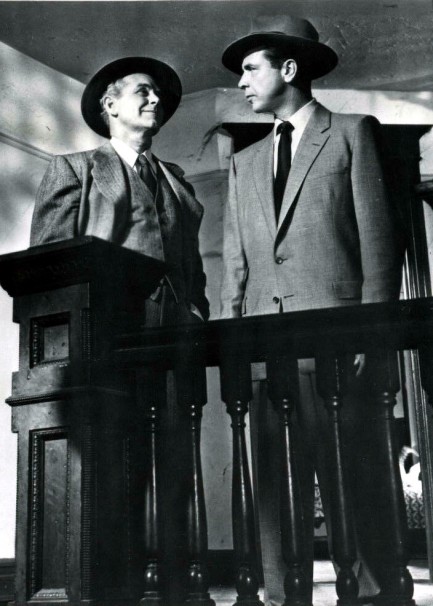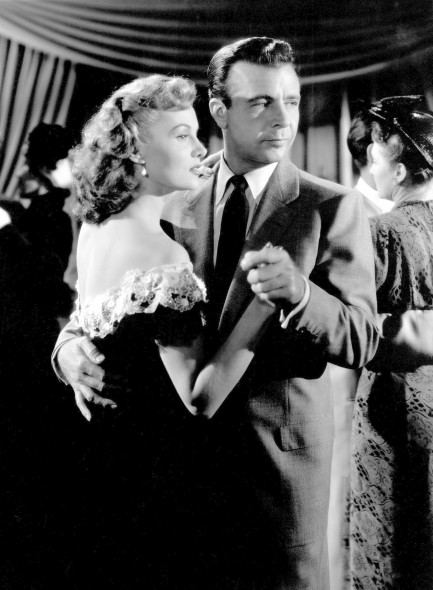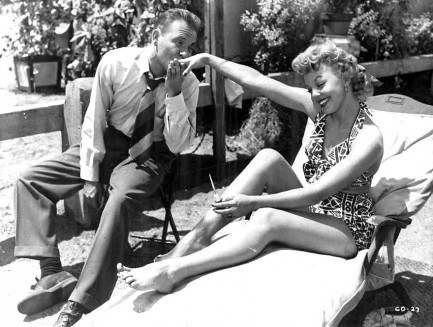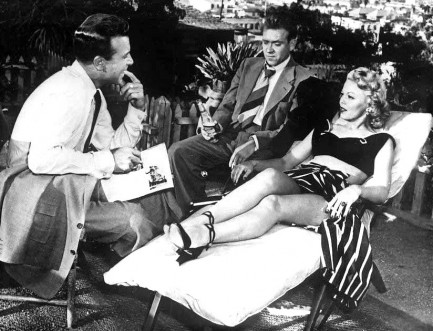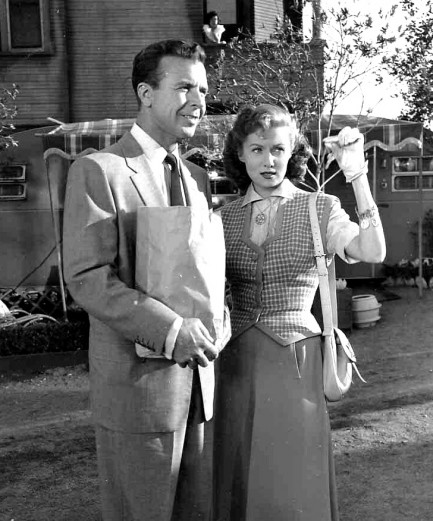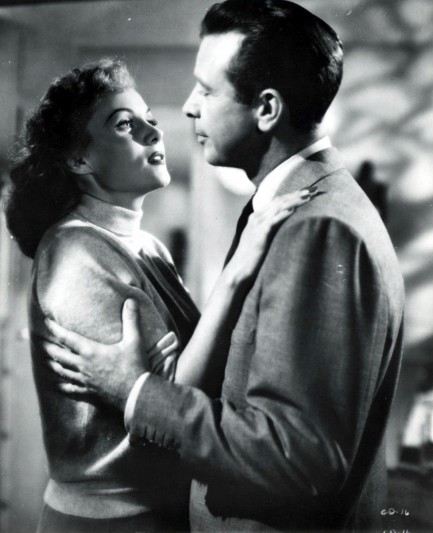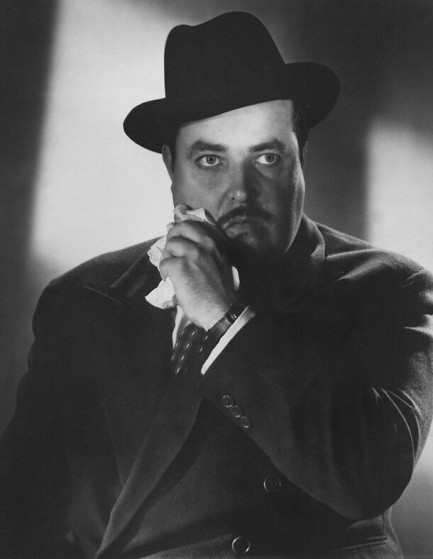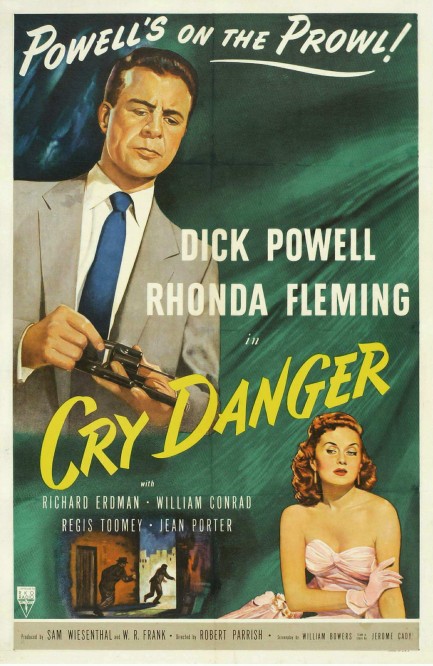| Vintage Pulp | Jun 10 2024 |

Don't push them 'cause they're close to the edge.
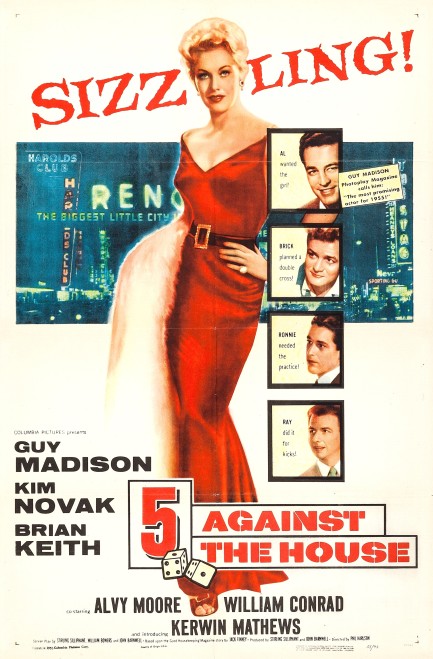
Sizzling is a good word for Kim Novak. In her fourth film, 5 Against the House, which premiered in the U.S. today in 1955, she wasn't quite a star yet, but her backers at Columbia Pictures had tabbed her for the Hollywood firmament. They placed her in this drama about a quartet of men who've spent a few years in the Korean War (Novak makes the 5 of the title but she spent that time on the home front) and are back to finish law school. Distressed by their lack of resources and opportunities, one of them, who's a gambler and dreamer, convinces two of the others they can rob a Reno casino. Guy Madison, top-billed, has no idea what's occurring, at least at first, and Novak plays his girlfriend and has even less of an idea. They figure it out, though, while the group are road-tripping to Nevada. Madison and Novak want out, but both are blackmailed into participating.
The movie has an interesting tone. They guys are all quipsters, and some of their Rat Pack interplay is legitimately funny, but their simmering disaffection eventually comes to the fore as they amp themselves up for the robbery by talking about all they've lost having been sent to war. Most of all, they've lost time. That idea makes narrative sense, but the actors are a little old for the roles. Madison, Alvy Moore, and Brian Keith are all in their mid-thirties. How long did they spend in Korea—a decade? Kerwin Matthews is twenty-nine, which maybe works, but Novak, as Madison's college sweetheart, is in her early twenties. How the hell did that happen? Did he start dating her when she was thirteen? Maybe their ages are minor points, but we noticed, and you will too.
In any case, the guys resent being years behind law students who avoided the war, and figure the country owes them something, even if it's only cash. Later, though, right when it looks like they might get smart and back out, Keith shows that he had a screw knocked loose by combat and manages to force the issue. The subsequent robbery involves fake mustaches and a misdirection play, but it's never the point. The movie is really a sympathy piece for the boys who fought overseas and a mild remark about the psychological cost of warfare. All fine, but—and it pains us to say this about any Novak movie—it's weak, entirely unrealistic, and climactically ludicrous. Ultimately, 5 Against the House is probably only worth seeing for the banter between the fellas, and a gander at captivating Kim. She's hotter than Reno in July. You can bet on it.
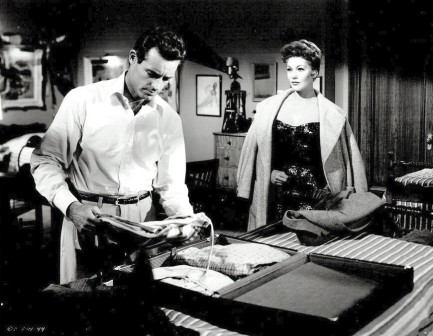
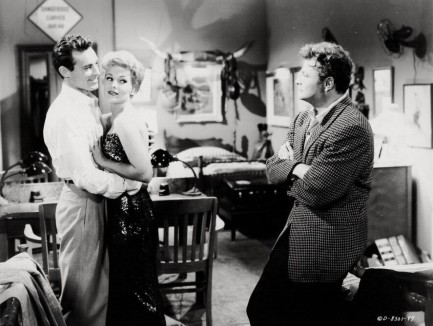
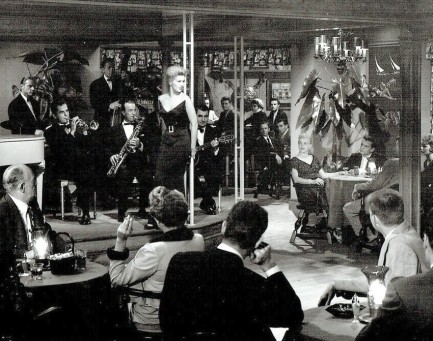
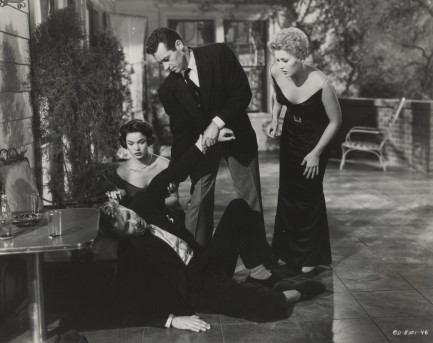
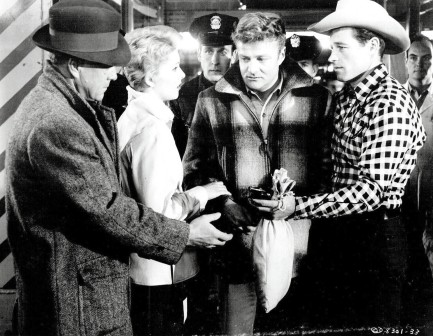


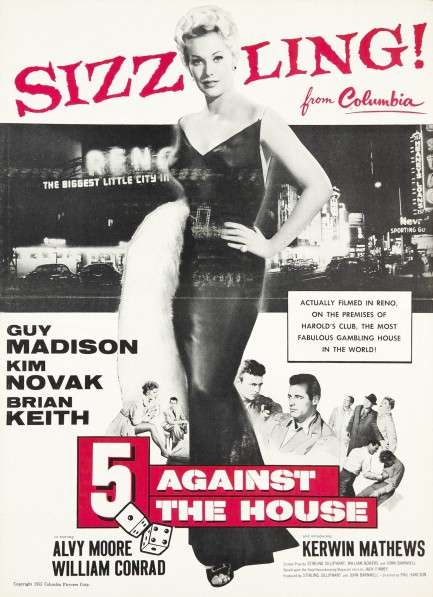








| Vintage Pulp | Apr 1 2022 |

Alexa please find alternate route to redemption.
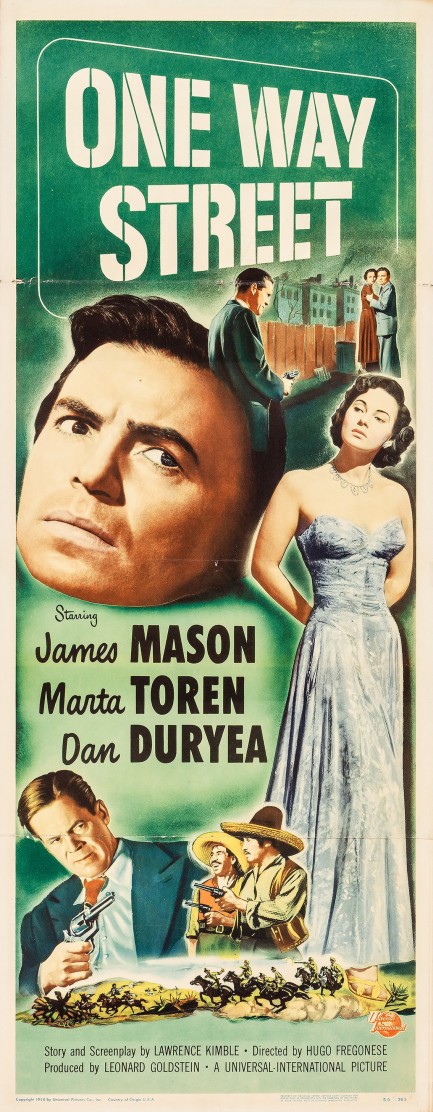
You wouldn't think a movie titled One Way Street would be set almost entirely in rural Mexico, but that's exactly the case with this obscure oddity that's like a film noir wrapped around a South Seas drama. Veteran thief Dan Duryea and his henchman William Conrad stage a bank heist, get away with $200,000, and hole up in an apartment. But medical attention is required, and a doctor is called. You've heard of mob lawyers. This is a mob doctor.
Played by James Mason, he's 100% crooked, bent by years of treating gangsters and hiding evidence of their crimes. But he's tired of scratching out an existence, so after he gives Duryea a couple of supposedly helpful pills, he reveals that they were really poison and walks out with the bank loot, using the antidote as his guarantee of safety. And he doesn't only steal the money. He also steals Duryea's girlfriend Märta Torén.
Played by James Mason, he's 100% crooked, bent by years of treating gangsters and hiding evidence of their crimes. But he's tired of scratching out an existence, so after he gives Duryea a couple of supposedly helpful pills, he reveals that they were really poison and walks out with the bank loot, using the antidote as his guarantee of safety. And he doesn't only steal the money. He also steals Duryea's girlfriend Märta Torén.
The duo charter a small plane to Mexico City, but the aircraft has mechanical trouble and makes an emergency landing, after which they're stuck in a remote village somewhere in the jungle east of Guadalajara. Mason gave up practicing real medicine a long time ago, but he's drawn to idyllic life off the grid and takes an interest in the villagers and their health issues, in the process regaining his medical ethics and self respect.
But renewed ethics and healed self respect also cause him to—you guessed it—decide to make good with the gangsters from whom he stole. Why? Because he can never be free unless he does, and so forth. The fool. He could have just mailed the money back, but no—he had to face them for the sake of his own integrity. Sometimes you need someone to tell you you're going down the wrong road, but that technology wouldn't show up for many decades. In the end One Way Street, despite its talented cast, is lightweight, unimpressive, and has an ending meant to shock with irony, but which merely comes across as lazy. We can't recommend it. It premiered today in 1950.
But renewed ethics and healed self respect also cause him to—you guessed it—decide to make good with the gangsters from whom he stole. Why? Because he can never be free unless he does, and so forth. The fool. He could have just mailed the money back, but no—he had to face them for the sake of his own integrity. Sometimes you need someone to tell you you're going down the wrong road, but that technology wouldn't show up for many decades. In the end One Way Street, despite its talented cast, is lightweight, unimpressive, and has an ending meant to shock with irony, but which merely comes across as lazy. We can't recommend it. It premiered today in 1950.
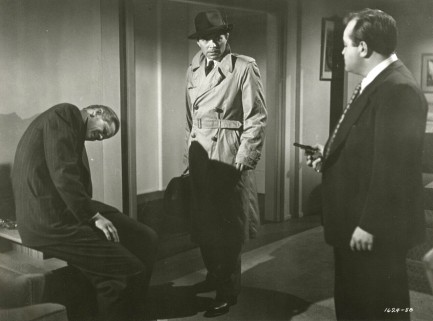
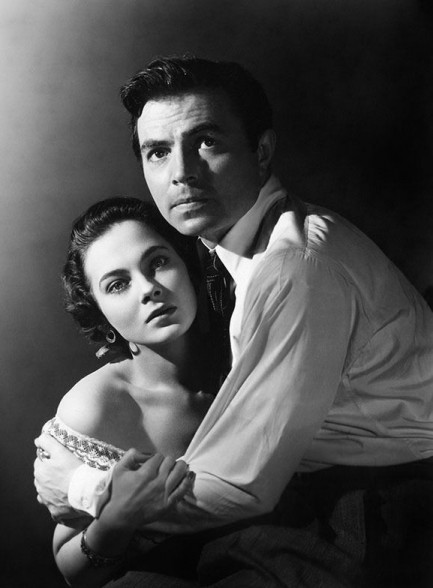
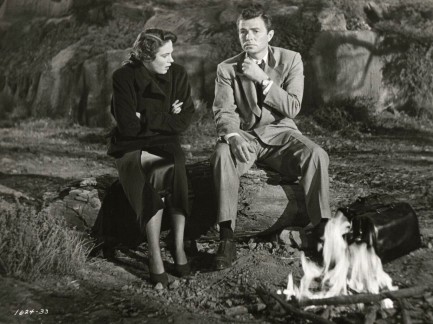

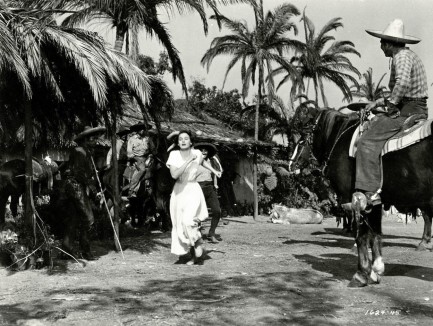
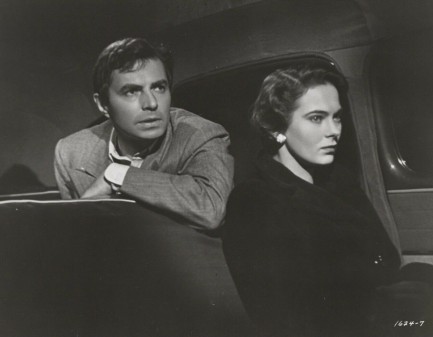


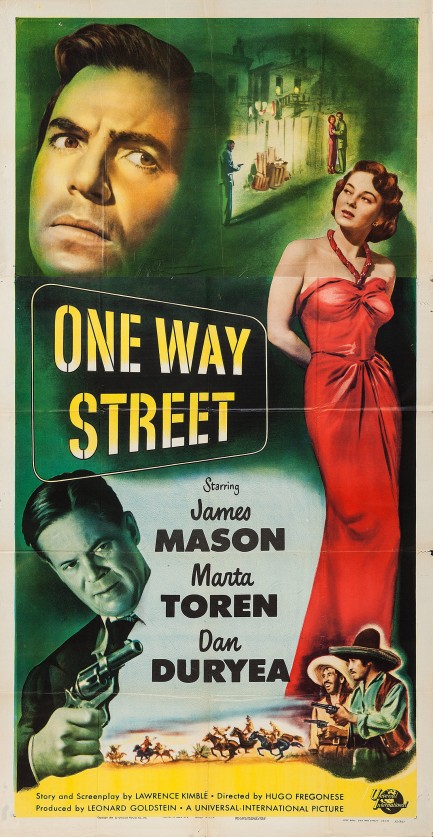
| Vintage Pulp | Nov 25 2021 |

Anyone can be calm until the cops start poking around.
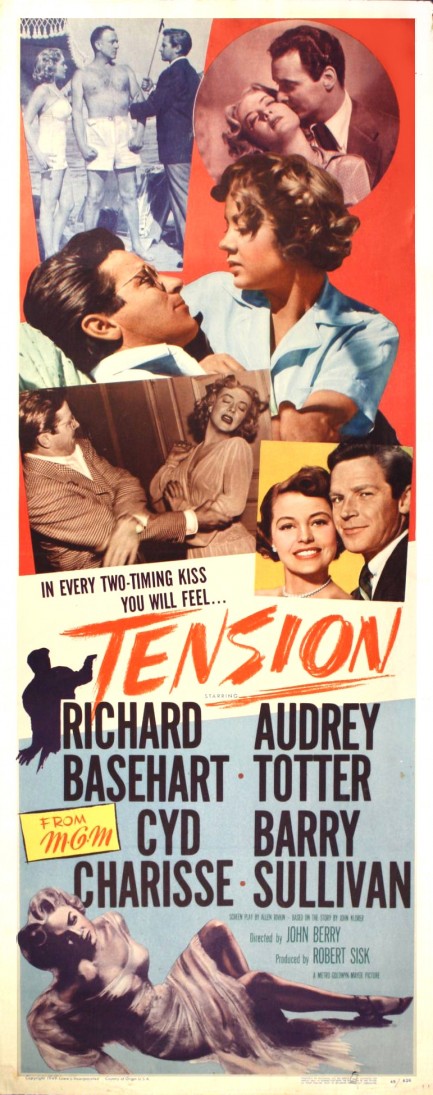
Tension, for which you see an excellent promo poster above and two more below, is an unlikely but interesting film noir about a mild mannered pharmacist played by Richard Basehart, who's married to hot-to-trot Audrey Totter and discovers she's cheating on him. When she finally leaves him for an apelike creature played by Lloyd Gough, and the ape issues Basehart a solid beating, he decides he's been pushed too far. You'd think that pharmacists would be among that select group of people you really don't want to anger, but this particular pharmacist has a much more elaborate scheme in mind than just a dose of chemicals, and his determination to commit an untraceable murder leads to him building a very traceable double life. In that second life things get complicated when he meets lovely Cyd Charisse, who he wants to make a permanent addition to his future.
Basehart's plot will not go as intended, of course, but the way in which it fails is a surprise, and the complications keep piling up. Tension has flaws, to be sure. The detective played by Barry Sullivan does things that, as far as we know, would get any murder case tossed out of court, but you have to go with it, since he tells you from the jump he'll do anything to solve a case. The plusses of the movie outweigh any weird bits, and with Totter on board, it's probably a must-see. The sinuous clarinet melody she gets every time she appears onscreen is over-the-top, but she's a major scenery chewer anyway, so it actually fits. We didn't like her in Lady in the Lake, but she's delivered in everything else we've seen—this flick, particularly. And Charisse, by the way, gets one of the better entrances we've seen in vintage cinema, straddling two high railings with a camera in hand. She's as hot as a human being can get. Tension premiered today in 1949.
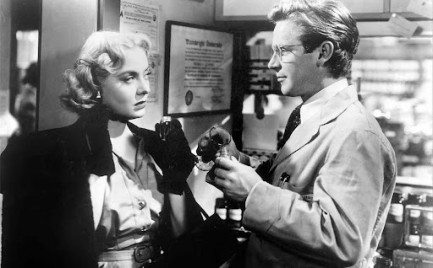
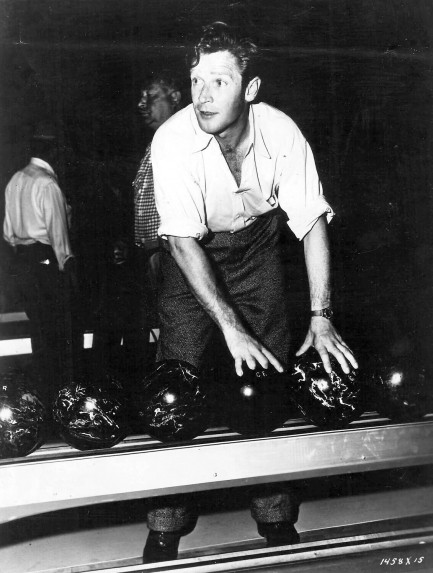
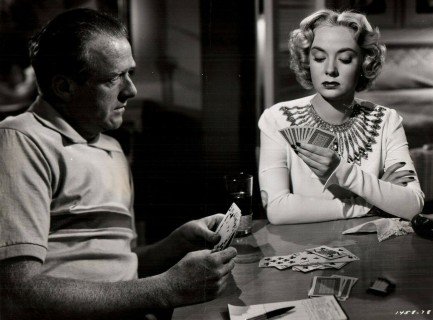
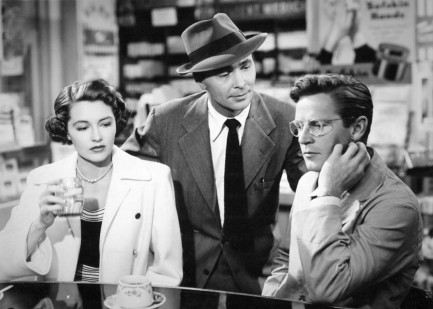
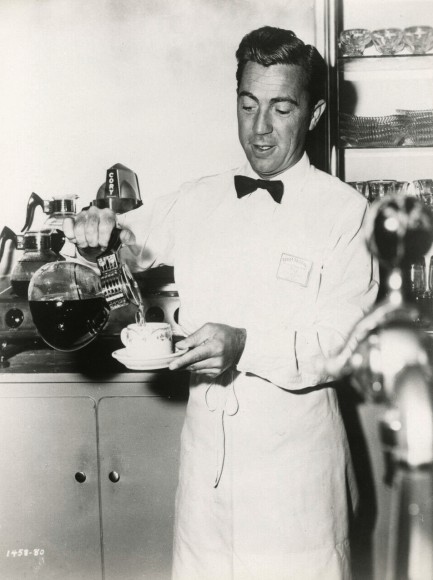
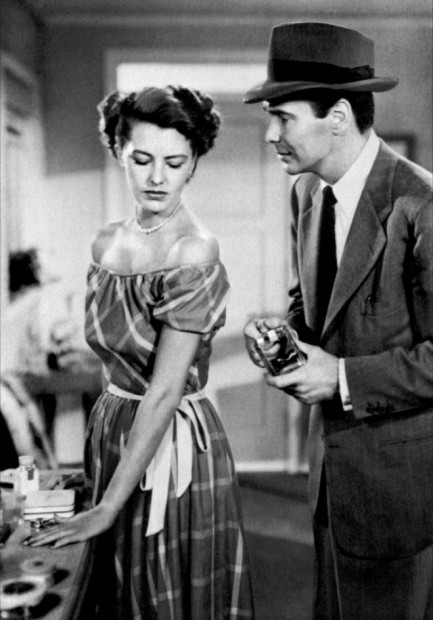
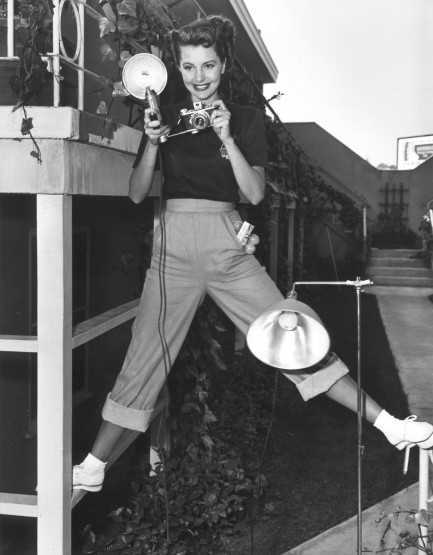
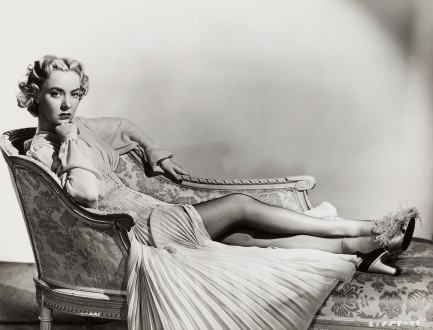
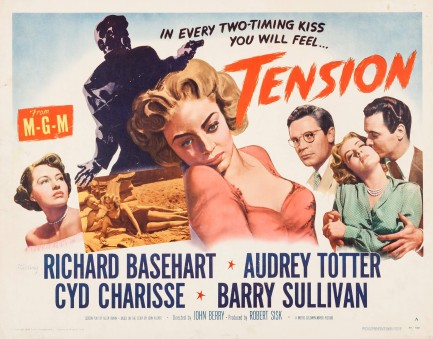
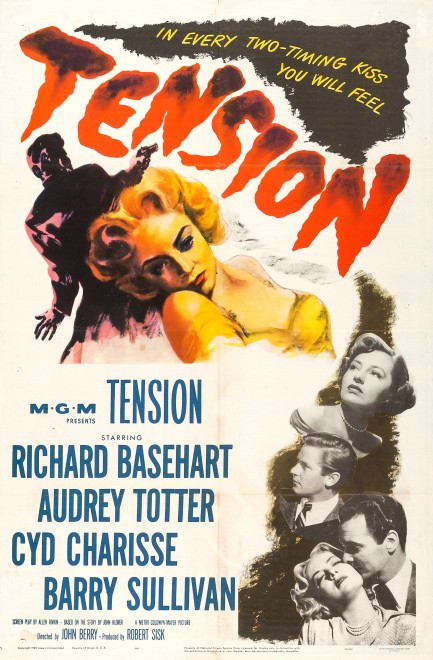
| Vintage Pulp | Nov 25 2021 |

Rita Hayworth and Gilda get a dose of the northern aesthetic.
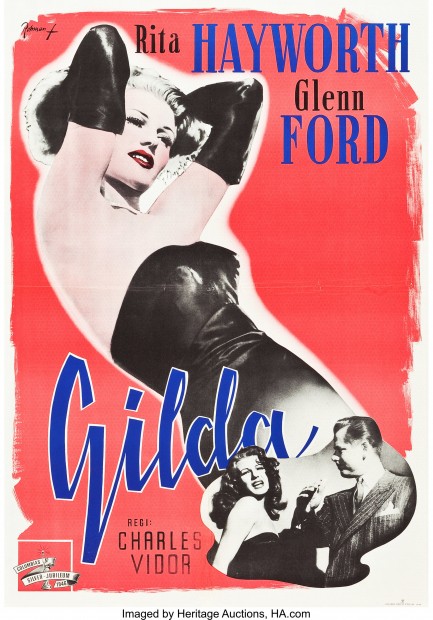
The awesome film noir Gilda premiered in Sweden today in 1946, and above is a beautiful promo for the movie painted by Swedish artist Eric Rohman. In typical Nordic fashion, the overall approach here is clean and understated. One of the most interesting parts of looking at vintage posters is noting the cultural differences in approach. Every country contributes to the art form in unique ways, and all are worthwhile. We often find Swedish posters to be less inspiring than U.S., Italian, Japanese, and French efforts, but this one, in all its simplicity, is a winner, as is the movie.
| Vintage Pulp | Jun 29 2021 |

Unless they're framed and sent to prison for life. In that case a few tears are understandable.
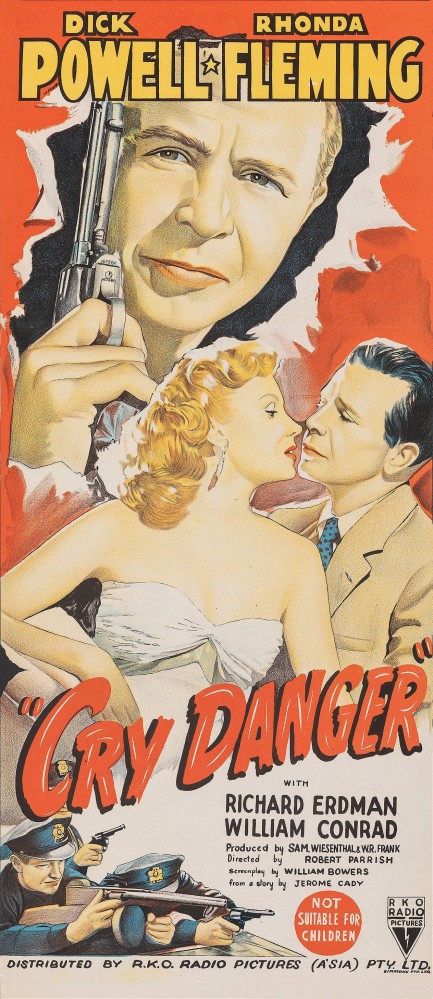
Above is a rare and vibrant Australian full bleed (i.e. borderless) promo poster from RKO Radio Pictures A/SIA for Dick Powell's classic film noir Cry Danger, released Down Under today in 1951. We wrote about this flick back in February, so if you're curious just have a look at this link.
| Vintage Pulp | Feb 21 2021 |

Let's see, I'll need one bullet for my blackmailer... one for my betrayer... a couple for his henchmen...
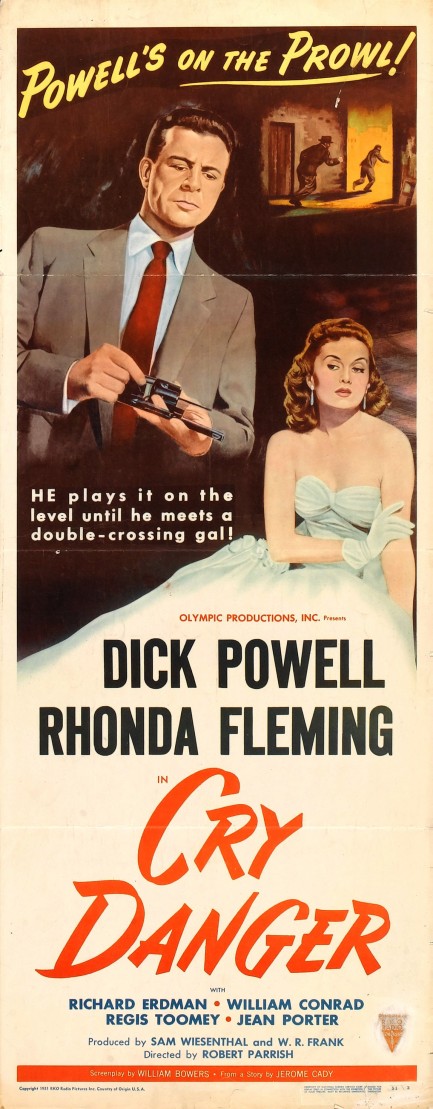
Above is a rare promo poster for the film noir Cry Danger, starring the ever reliable Dick Powell, face of such classic winners as Pitfall and Cornered. In this one he plays a criminal tossed into prison for a robbery and murder he didn't commit, but who's released when someone provides the courts with an alibi. To Powell's surprise, this rescuer isn't someone he knows, but rather an opportunist who figures to benefit when Powell goes after the hidden holdup loot. Powell, though, really didn't commit the crime. He was framed, so he goes about trying to clear his name. Since that necessarily means locating the cash, he finds himself an unwilling and unlikely asset of the police, who are following him night and day.
That's a good set-up for a movie, and with competent acting assured thanks to Powell's participation, along with that of Rhonda Fleming and William Conrad, you end up with a solid film noir that generates all the anticipated darkness and personal disaster. The movie looks good too, thanks to first time director Robert Parrish and cinematographer Joseph F. Biroc. Much of it is set in a Bunker Hill trailer park with a nice view over Los Angeles, including Chinatown. Two thumbs up on this. IMDB and AFI disagree on the premiere date, but we'll go with IMDB because it specifically mentions the premieres took place in New York City and Birmingham, Alabama. That was today in 1951
